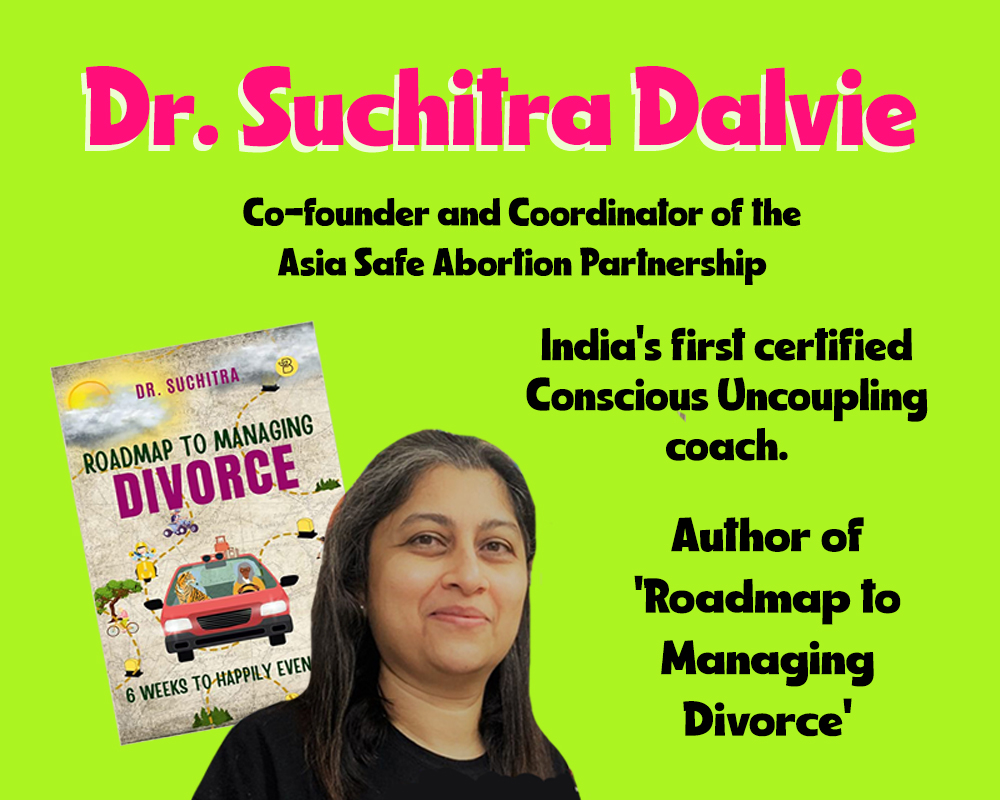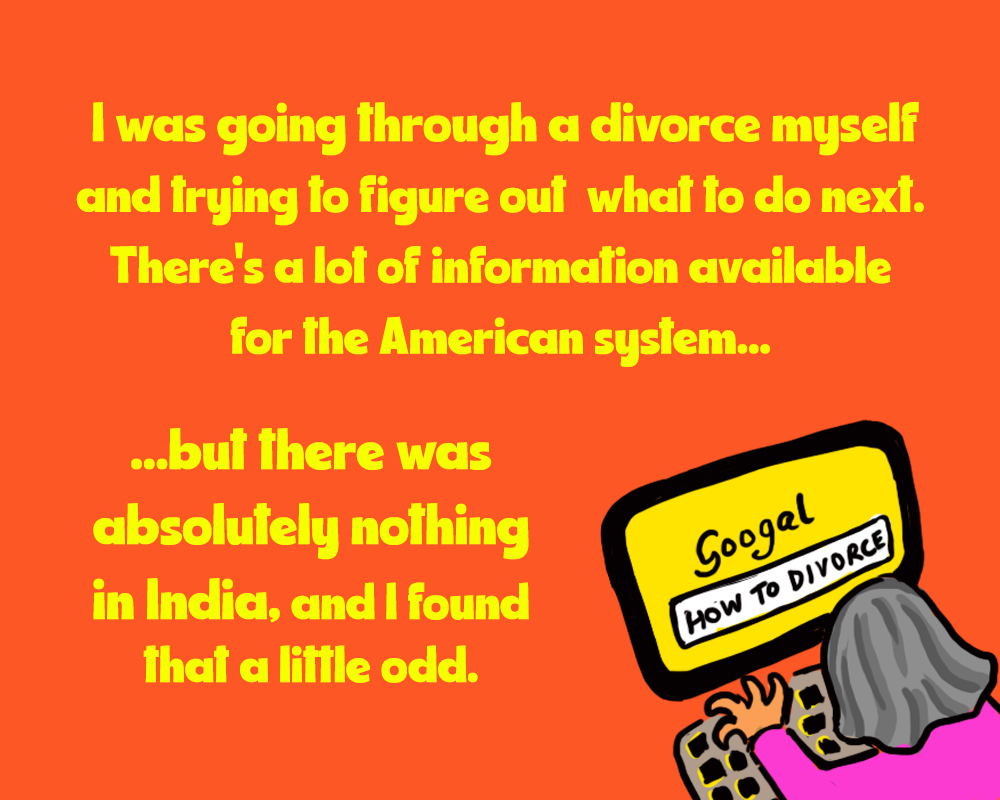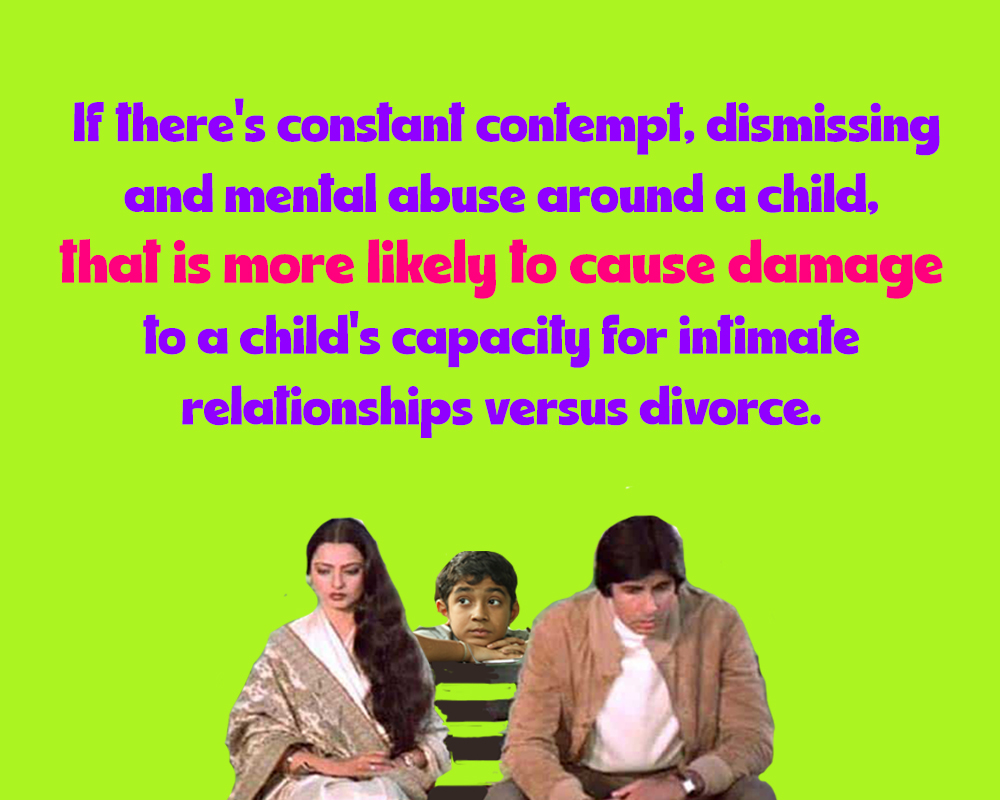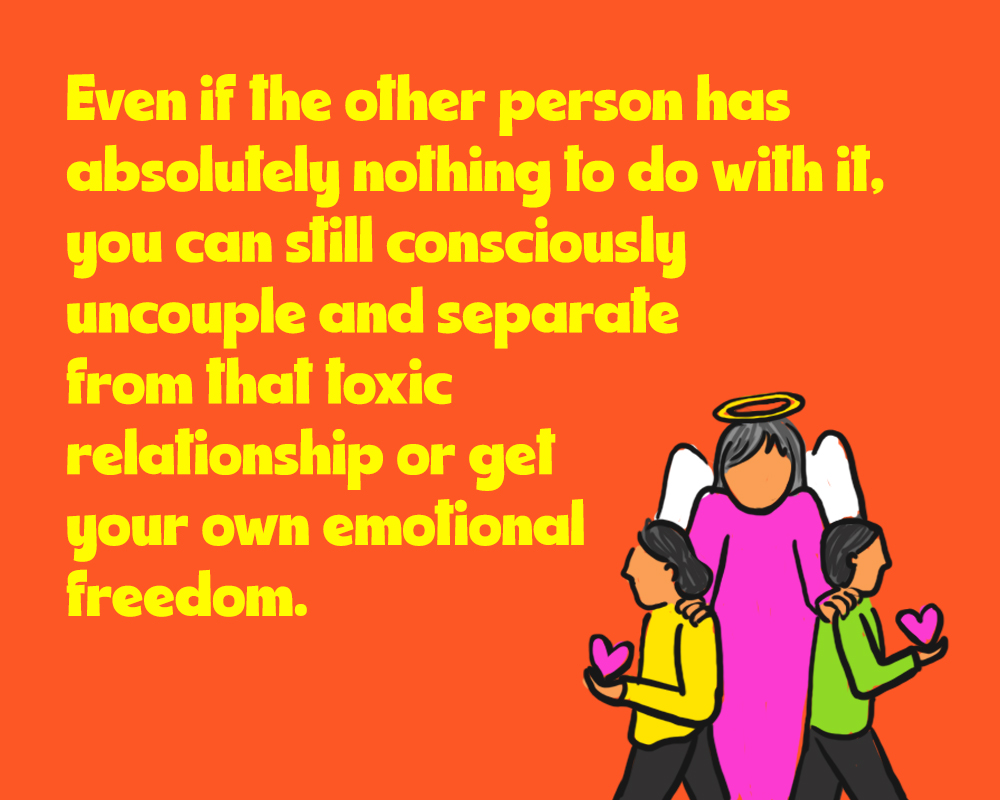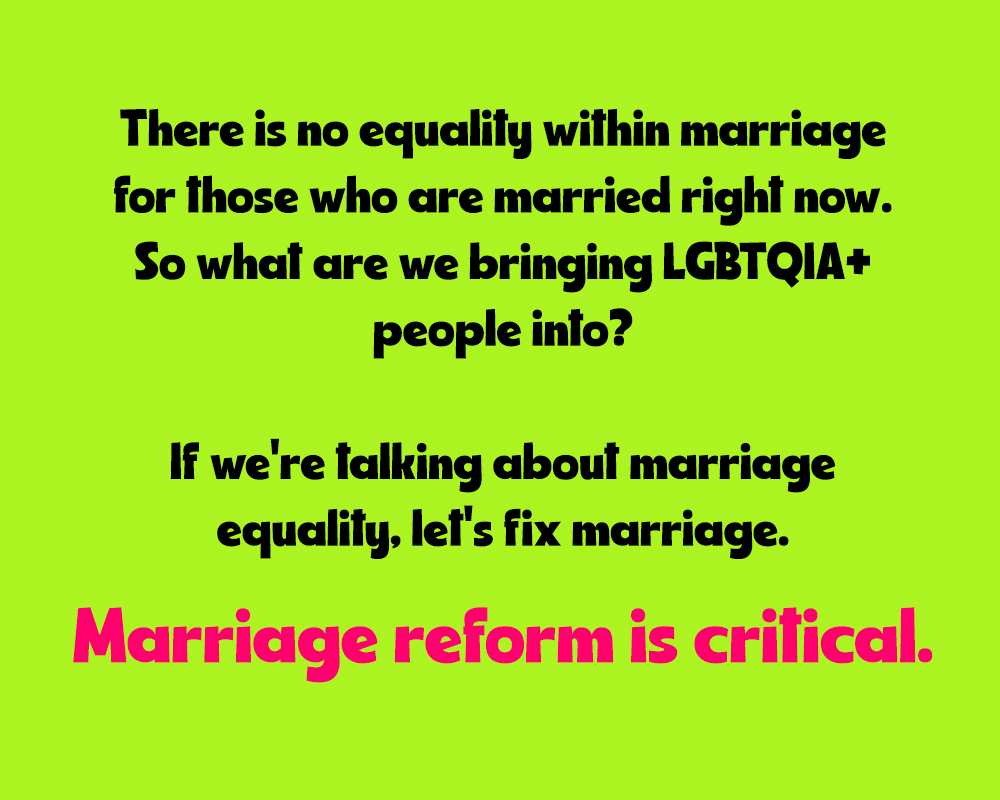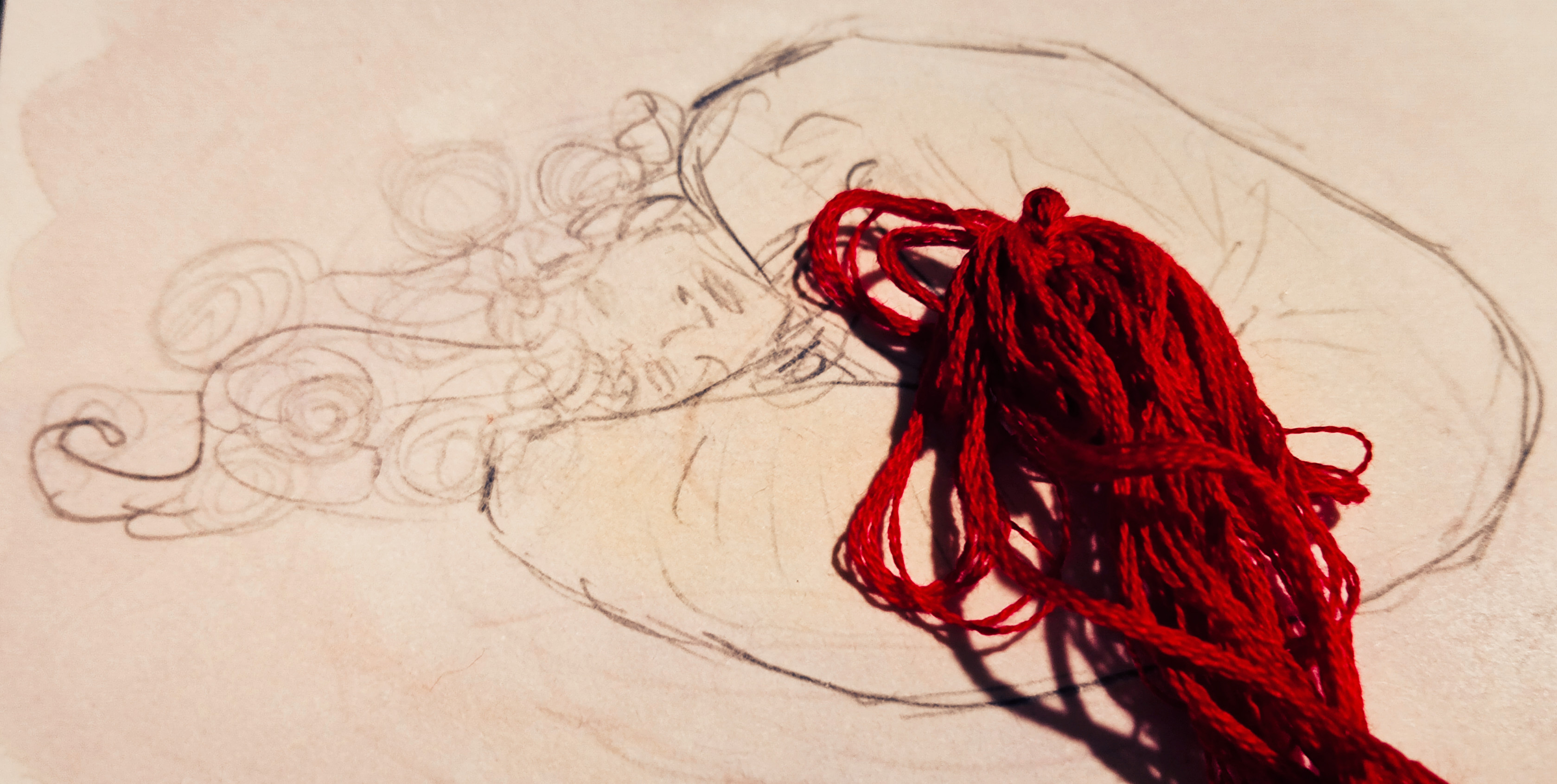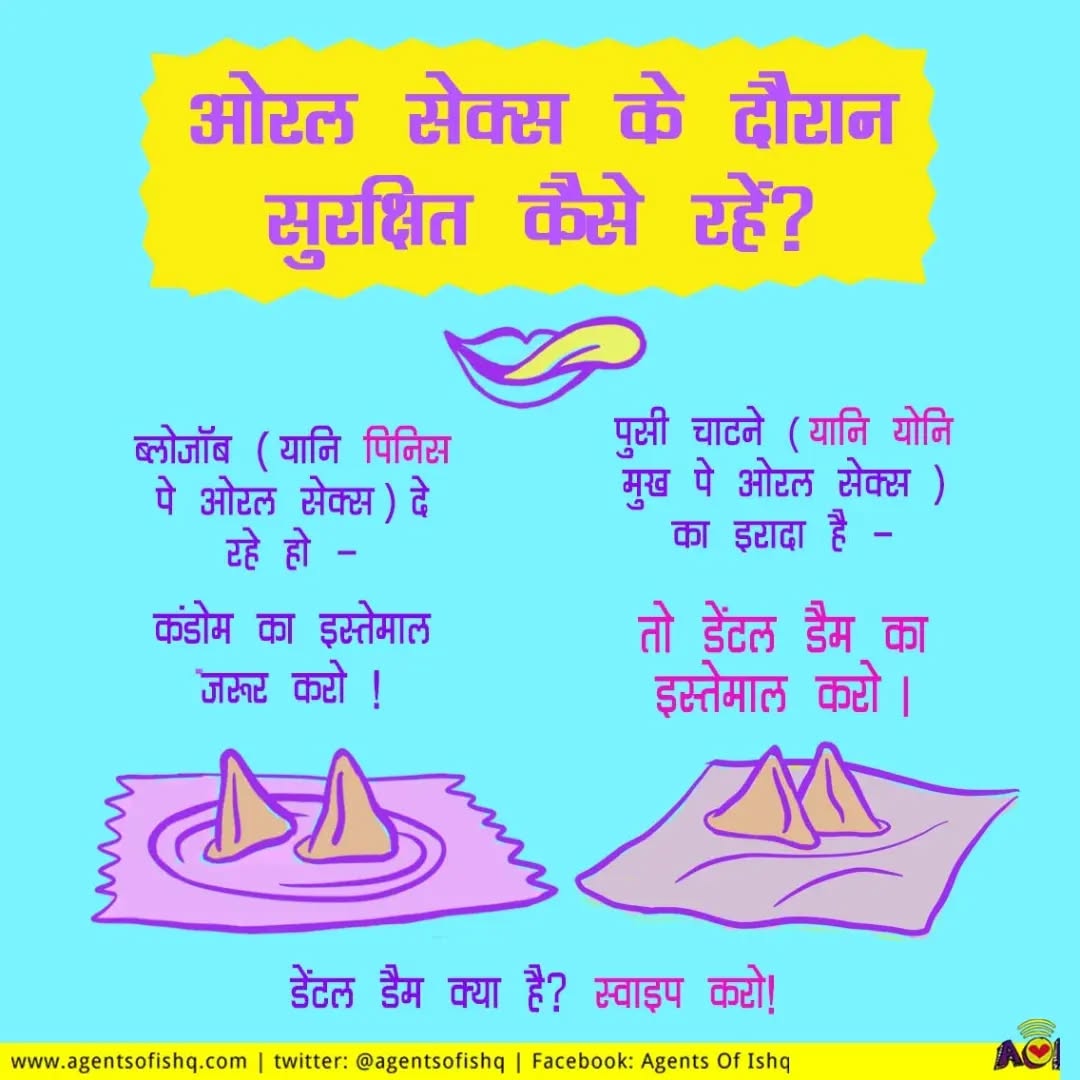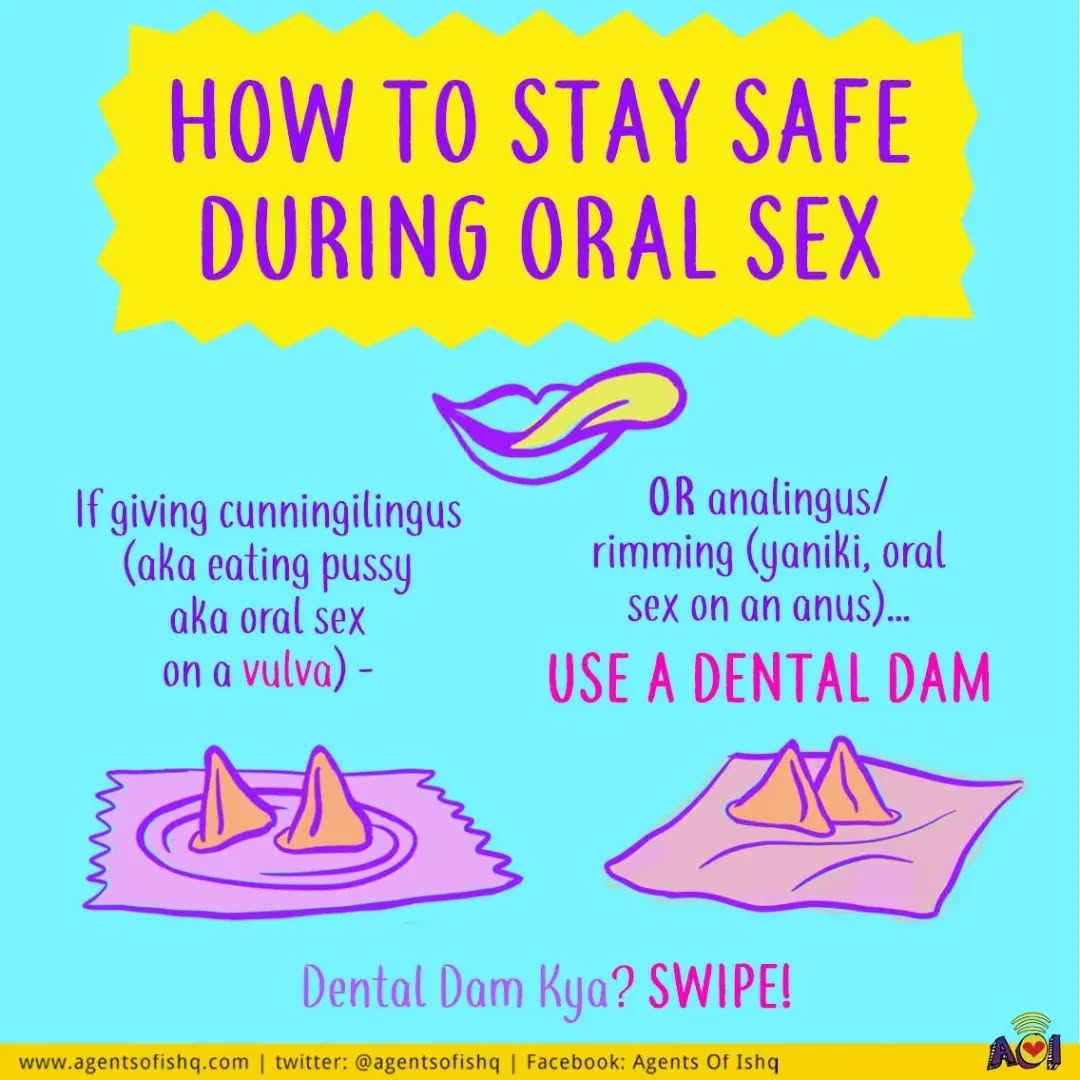Dr. Suchitra Dalvie is the co-founder and coordinator of the Asia Safe Abortion Partnership. Her work in the development sector spans two decades, and her focus has been on gender, rights and social justice. She is also India’s first certified Conscious Uncoupling coach.
In this edited interview with AOI, Dr. Suchitra spoke about her new book ‘Roadmap to Managing Divorce’ (buy it here) - the legal, emotional and practical nitty-gritties of the process, what it means to be an Conscious Uncoupling coach, and seeing divorce not as an ending, but as a journey towards new possibilities and a new beginning.
Could you tell us a little about what inspired you to write a book about divorce?
I was actually going through a divorce myself and trying to figure out where to go and what to do next. I realised that there was actually no information available to help figure out what is to be done. How do you negotiate? What are the top five things to do? What must you not do? There’s a lot of information available for the American system, but there was absolutely nothing in India, and I found that a little odd.
I was thinking that with my level of privilege and awareness and empowerment and education, if I was feeling lost, it was quite alarming to think of what other people, especially women, were going through.
So this book is a way of making meaning out of divorce - a comprehensive guide which could offer women support in their own journeys.
The idea was to keep it non-threatening, to focus on the fact that it’s a journey and that there are many of us on this journey together. The cover was developed with the idea of the person driving the car being their own fairy godmother. I also wanted to show an older woman because they don’t always make it to the cover of such books.
And normalising divorce is so important, so we can talk about it.
Yes! Marriage is such a universal thing. And this is where it’s all happening. This is where the inequality is being reinforced, this is where the abuse and oppression is being amplified in the name of something supposedly sacred and forever.
In this journey, where does divorce come in? Like abortion, divorce is part of the shadowy underground. Abortion is the shadowy underground of motherhood and divorce is the underground of marriage which nobody wants to talk about.
Apparently 9 out of 10 businesses in Silicon Valley fail. If that can happen, how do you expect marriages to work 100%? There are two radically different people who are raised by completely different people, and they have to live together 24/7 permanently. How do you expect that to work all the time? Why would we normalise that, but not divorce?
How do we support and nurture divorced people, especially women, both at a personal and at a policy level?
People often don’t know the right thing to say - when do you give space, when do you show up, when do you back off but in a supportive way? How much time do you allow someone to just throw a pity party?
You can’t just keep telling them, ‘No, you have to be strong.’ Because sometimes, people need to cry! In fact, the very first chapter in the book says, “Please cry. Use the next few weeks to cry and cry! And then be done with it!”
Don’t deny them that space to cry and grieve and complain and be miserable because they are in a miserable situation. They have been wronged, there is injustice, there is pain, there is trauma. This is the death of a relationship. You can’t just expect people to snap out of it and move on and have these empowered lives.
Also, it is important to offer them unconditional safety of space. Be very very sure that you don’t use whatever they tell you to try and be the hero and negotiate on their behalf or share their story without their permission. Just be their safe space.
Another thing that people going through divorce need is validation. Even if it’s a case of domestic violence or intimate partner violence, sometimes the person just needs somebody to see them and say, “I see you. I see that you are hurt, and that injustice has been done to you. I validate your experience.” They’re not looking for solutions.
Even in the medical profession, I’ve had women come to me and I noted that I could see signs of physical violence. I documented it. I can’t do anything about it unless they want to do something about it, but at least it’s documented. But so many times they’ll say, “You know what? I feel so light and unburdened because you just heard me without judgement. You didn’t say, ‘Oh you only must have done something to make him angry.’ You don’t know how many times I have been told that. That injustice was done to me and somebody recognises it, that’s more important to me now than filing a police complaint or having something done.”
So being vulnerable with someone means that somebody is giving you the privilege of being vulnerable around you. So, you have to rise to that maturity of deserving that vulnerability. That’s also something to work on.
Kids whose parents are divorced often hear, ‘Because you have grown up with a broken home, your capacity for love and intimacy is cracked or damaged.’ How do we step away from this kind of generational trauma and how would a child of a ‘broken home’ learn to love and to have an intimate relationship?
Honestly, children are traumatised more by living in a family where there’s abuse or constant unhappiness, than when they’re living with a single parent. There’s absolutely no data which says that coming from a ‘broken home’ affects a child in any way.
Most children who are living with a single parent are being raised by single mothers rather than single fathers, for various reasons. It’s not just divorce. It’s also abandonment, it’s also widows, it’s also people who were never married. So it’s not as if it’s a greater liability to be raised by a single parent than by abusive parents.
If there is constant contempt and dismissing and gaslighting and mental abuse around them, that is more likely to cause damage to a child’s understanding and capacity for social and intimate relationships versus separation and divorce. In fact, the latter is actually a better model. Parents could just say, “Look! I didn’t want to tolerate the abuse anymore,” or “We just grew apart.”
Normalise a healthy separation over being forced to live together in a dysfunctional relationship because you have a child. Studies show that if a child has been raised in an abusive household, the child will either grow up to become an abuser or someone who attracts an abuser. Because they model themselves after one of their parents.
Why do you think that is?
In the book, I've spoken about attachment. If you don’t know your own attachment pattern, you end up in dysfunctional relationships. So in a way I never expected, the more I wrote about divorce the more it was about - ’You’re getting divorced because it didn’t work. Therefore you need to understand what it is that didn’t work so that you can uncover the pattern and do better next time.’
And you may not necessarily partner with someone else the next time, but even to self-partner in a healthy way, you need to know your attachment style. So I've done a lot of dancing around the whole issue of relationships including the one with yourself, which is really the most important relationship.
We have read and spoken about Conscious Uncoupling, but mostly in a very Western concept, like Gwyneth Paltrow for instance! What’s it like to be a Conscious Uncoupling Coach in India? And also, how would it be different from a ‘regular divorce’?
Conscious Uncoupling is more about emotional freedom and being able to find liberation. In either sense, a divorce is a death - the death of a relationship, the death of an anticipated future with a person. But people going through divorce don’t really get seen as someone who need to grieve and be in mourning; who need to cycle through the five stages of grief - anger, denial, bargaining, depression, and acceptance.
I came across Katherine Woodward Thomas, the bestselling author of a book called ‘Conscious Uncoupling,’ based on which this global programme has been set out. At the time, I was searching for some way to navigate negotiation and separation in intimacy. I found out that they were actually training people to be a Divorce Coach, a Conscious Uncoupling Coach. I enrolled myself and because I really wanted to reach out to people. After all, in divorce, aside from the legal or the financial aspects, there’s also a lot of emotional relationship issues. For women in particular, because women are already working under multiple oppressive frameworks.
Women especially, when they’re going through divorce, are also frantically fighting multiple battles. They ask themselves, “Do I have financial stability? Is my husband going to try and kill me at some point? Will my children be with me or will they end up with him? And then he’ll marry somebody else and then who’s going to raise my children? What is my identity now if I’ve been a married woman my whole life? And my parents are not supporting me, but saying, ‘Adjust kar lo, etc.’” So in the middle of all that, how do you find yourself, find the liberation of your identity outside of these relationship identities?
That’s when it’s important to be very conscious in your uncoupling. What is really powerful about the program is that you can consciously uncouple from anybody. It could be a toxic parent. It could be a sister who’s like an energy vampire. It could be a colleague who is gaslighting you. So really, the technique is about you.
It’s not like couple’s counselling. Even if the other person has absolutely nothing to do with it, you can still consciously uncouple and separate from that toxic relationship or get your own emotional freedom. The other very powerful and deep work of conscious uncoupling is that it can help you uncouple from your own past negative patterns.
From the time you were born, you have identities imposed on you. Your name, your caste, your religion. If you’re a woman you have a whole lot of other conditioning - “sit like this, talk like this, behave like this, marriage is the best day of your life, motherhood is the highest achievement etc.”
And then suddenly one day you’re facing a point where you did everything you were told and yet you’re potentially penniless, with the threat of death hanging over you and your children being taken away.
Conscious Uncoupling helps you figure out how your conditioning made you, in a sense, make certain choices, because you believed that those were right and that’s how you were taught and how therefore you can make slightly different choices going forward and shift the trajectory of your life.
Katherine’s work says, ‘Be informed by your past. We don’t want to deny the past or suppress the past. But you made certain decisions then because that’s what you thought was best.’
Instead of blaming yourself, forgive yourself. You did what you did based on what you knew. Now you know better, you know differently, you can see the power differentials in relationships, you can recognise the red flags of a toxic relationship. Going forward, learn how to negotiate better.
Conscious uncoupling is all about real deep expansion. How do you uncouple from your own past negotiations, skills, capacities, conditioning, etc. And that really is the liberation.
The work is spread over 8 weeks. It takes a lot of engagement, exercises, it’s not an overnight thing.
How many steps are there?
There are seven steps. But each step can take each individual longer to do, because it requires a lot of reading, exercises and a lot of self-work. The work of conscious uncoupling is not therapy or counselling, it is coaching. And it’s called coaching for a reason. The person comes to you with something and you coach them to do better, higher, bigger. So there’s a lot of self-work required. On average it can take up to 8-10 weeks for you to really reach all the way to the stops and I know many people who’ve done it and, after a few months, felt that they wanted to engage with it again because now they’re ready to go deeper.
Could you tell us a little about Conscious Uncoupling with regards to love and intimacy?
In her book, Katherine says, “Definitely, love is unconditional. True, real love is unconditional. But relationships are still conditional. Just because I love you doesn’t mean I can allow you to abuse me. There still has to be mutual respect, there has to be reciprocity, there has to be a mutual give and take. Just because I love you unconditionally doesn’t mean I’m going to tolerate all those things,” which is very powerful.
The other thing I learnt while doing the work is that forgiveness doesn’t mean condoning. You can forgive someone by saying, “Okay, you don’t know what you’re doing. You’re clearly not at a level of emotional maturity and self-development. So, I forgive you for whatever you did in the past the same way I forgive myself for having made bad choices in the past. But it doesn’t mean what you did was okay, and it doesn’t mean that I’m going to let you do it again.”
Divorce is a broad spectrum but if you had to give somebody some advice when they’re looking to step away from a marriage, what would it be?
The questions you have to ask yourself are, ‘Is this the most fulfilling relationship that I can possibly imagine for myself? Am I actually in denial and being abused?’
So my advice would be to know yourself. Find yourself. Which identity do you want to expand in the future? What are the very valid choices you’re making?
We know that even women suffering abuse or violence will continue to stay because they have made their choice based on their understanding of what it’s going to mean to them to leave. We need to create a system where we empower them to be able to leave. But to start with, the question isn’t, ‘Why is this happening to me?’ but ‘What am I going to do with it?’
Also, remember that everyone doesn’t have the privilege and capacity to just leave. But small changes count. So if your biggest fear is finances, figure out a way to have your own bank account. Keep your money aside, so that you’ve got your leaving money set up. If you can’t do it safely yourself, have a friend open an account where you put in some money every month. Speak to people who you know will be supportive.
If small children are involved, it’s always difficult. I’m afraid there is no easy answer to that, but know who you are, get financial security in some way or the other. I find that even many working women are bringing in a lot of money but are still not managing the common household finances. It’s always left to the man. So try and figure it out on your own.
Are there any legalities one should be aware of right away?
The Supreme Court has stated that an estranged, dependent wife is entitled to 25% of her husband’s net earnings as alimony. And if the wife is educated and capable of working, it may be even less. Obviously, the value of the wife’s unpaid work in the house is not taken into account here, but there it is.
For women, I’d say be very careful about what you share on social media because almost anything could be used to reduce or deny the alimony if a husband chooses to do so. His lawyer could take an innocent photo or post and misuse or misconstrue it especially if it’s a contested divorce and not a mutual negotiation.
Also, it’s important to note that prenuptial agreements are not legal in India, something that I feel needs to be a big part of the marriage reform movement.
What else would you bring into marriage reform? What steps can we take towards marriage reform now?
Firstly, insist on prenup agreements and legalise them. Which again is tricky because a lot of marriage is in the context of religion, and socio-cultural negotiations or agreements.
Then this whole conversation about marriage outside your caste needs to go away. As citizens of the country, we are all equal and if you have the freedom to choose your religion then why should you not have the freedom to choose who you can marry outside of the religion you were born into?
Thirdly, there needs to be some understanding of financial equality in a marriage. That if there are common assets, then it’s not really the ‘husband’s salary,’ it’s the external earning capacity of one of the partners in the marriage while the other one is putting in the unpaid care work. So there has to be some way of quantifying that financially.
We definitely need many more helplines and support centres for women who want to leave violent marriages. When I was doing the research, there were hardly four or five that showed up and they would not all necessarily be helping or answering or have anything to offer you beyond that.
Unless you have safe homes or support centres, women often have nowhere to go.
Police stations could have more resources. Maybe not necessarily female officers, but sensitised officers who can take down the FIRs and not say, ‘Yeh aapka ghar ka maamla hai, dekh lo.’
We definitely need to address domestic violence and dowry deaths. These are all allied issues. Marriage is just a label to one of the pieces of this whole puzzle. How are you treating women in your society? Why are you marrying a girl so young when they have no capacity for education or employment for the negotiation of their own rights? And then you don’t offer them any way to exit this marriage with dignity and with financial freedom and any kind of support.
Also, we need counselling centres for children of divorced parents.
So I think a multi-pronged approach is needed. Also, there’s one clause in the Hindu Marriage Act which is really really annoying, which states that the wife has to remain ‘chaste’ in order to be eligible for the settlement from the husband. That language needs to change.
Then there’s the conversations around second marriages. For instance, what happens to inheritances? Is the law made in 1955 really valid? Does it need a complete overhaul to address the lived realities of women right now?
I keep hearing how marriage is sacred, marriage is a sacrament, marriage is holy.
But is the woman within the marriage considered equally sacred and holy?
The divorce rate in India has apparently doubled in the last two decades. But let’s not make the increasing divorce rate build upon the sacrifice of women like marriage and motherhood already do. Let’s prepare women better.
Another thing… I was at a conference and picked up this pamphlet on marriage equality. And it occurred to me that there is no equality within marriage for those who are married right now.
So what are we bringing LGBTQIA+ people into? Exactly what are we asking for? Because when you have, say, two men getting married, they’re not going to be husband and wife. They’re gonna be spouse and spouse or husband and husband. How will existing laws apply to them?
If we’re talking about marriage equality, let’s fix marriage first. Else it’s like a jail-bharo andolan. We’re sitting in prison and telling LGBTQIA+ folk, ‘aao aao, tum bhi aa jao.’
To me the whole concept of marriage reform is critical and urgent. Because that is one of the biggest fears for women when they are trying to negotiate leaving a marriage. You can’t really put a spectrum on unhappiness, but maybe it can range from an indifferent or lonely or loveless kind of relationship to suffering abuse on a daily basis to actually being in danger. And we know that even now intimate partner violence is one of the highest causes of deaths in adult women.
Marriage is so often a gateway to poverty for the woman. Because often, she will either take a part-time job or end up doing unpaid care work even if she’s working outside the house full-time. So, there’s time poverty, there’s emotional issues. The conversation on divorce is really the tip of the iceberg of marriage reform.
One of the loveliest definitions of marriage I read was, ‘It’s like having your best friend sleep over permanently.’ That’s the ideal. And then we look at the reality. You’re reinforcing your caste identity, you’re still giving dowry, you’re beating up women when they don’t give dowry or raping them, killing them or abusing them and you’re not giving them the freedom to be able to leave with dignity, with financial freedom and with safety.
We’ve done marriage reform multiple times. Prevention of child marriages, allowing widow remarriage etc. We can certainly do more!
We read so much about this phrase ‘amicable divorce.’ Is there actually such a thing?
When they say ‘amicable’, I think what it means is that there is no toxicity, no public drama, they’re not dragging each other to court, no conflict over separation of property or children. So in some way you could say, for example, the Bill and Melinda Gates divorce seems to be - as far as we know - an amicable divorce? One day they were married, next day it turns out they weren’t and property was divided. Their kids didn’t go around giving some expose interview.
So I think amicable means there was no public tamasha. But who knows if the couple themselves feel that way! It’s possible that one partner may have over-compromised to make sure it stayed amicable. Like the perfect murder is the one you don’t know about. Similarly, we don’t hear about amicable divorces precisely because they’re amicable.


